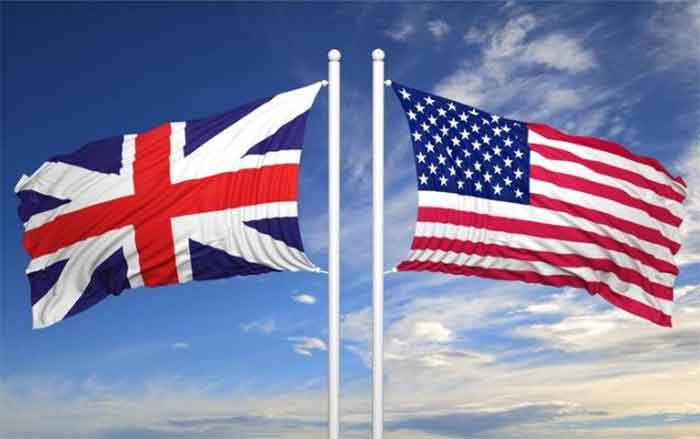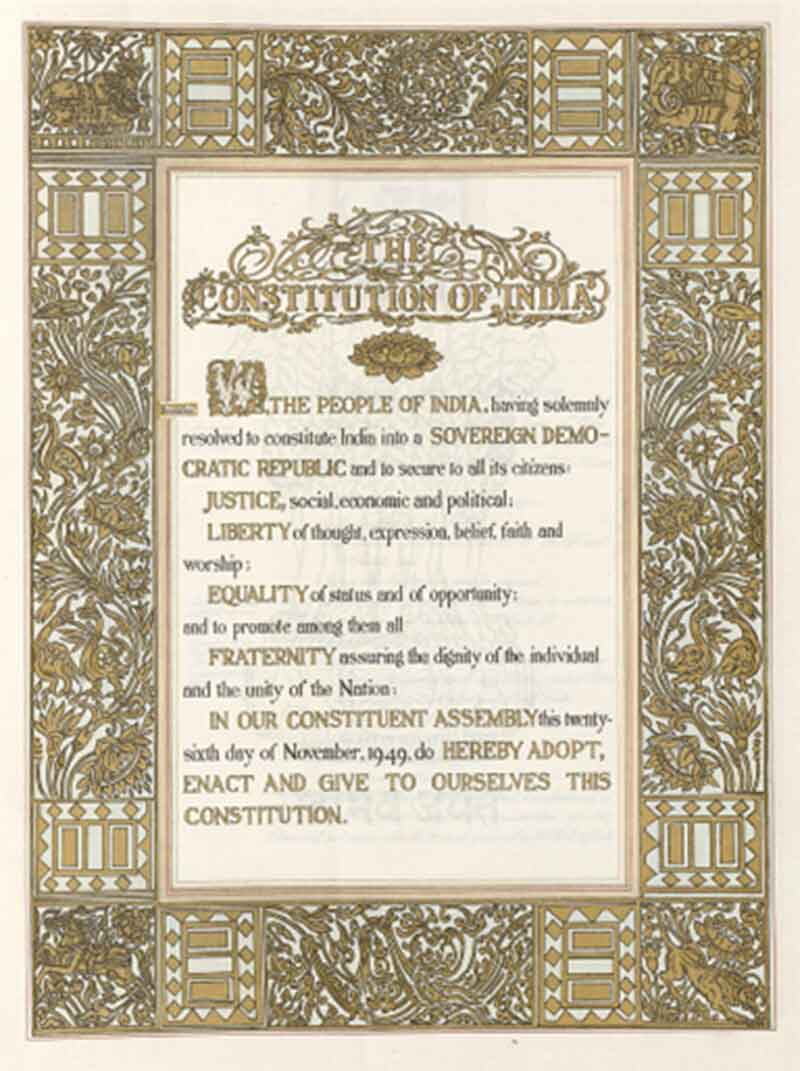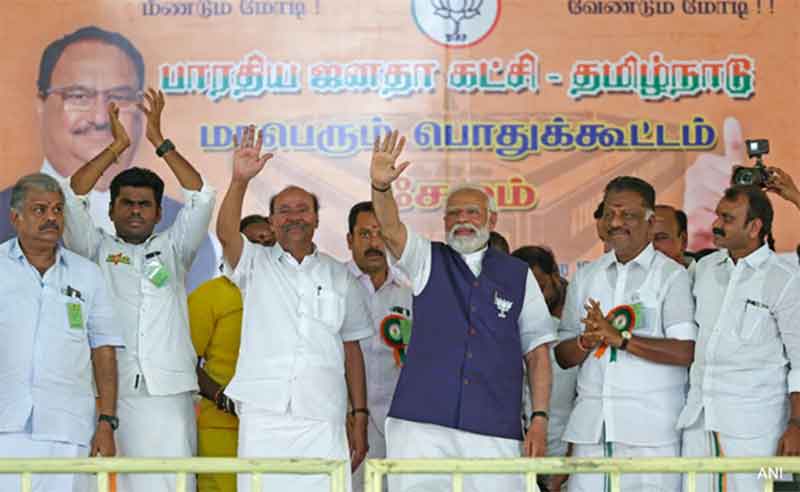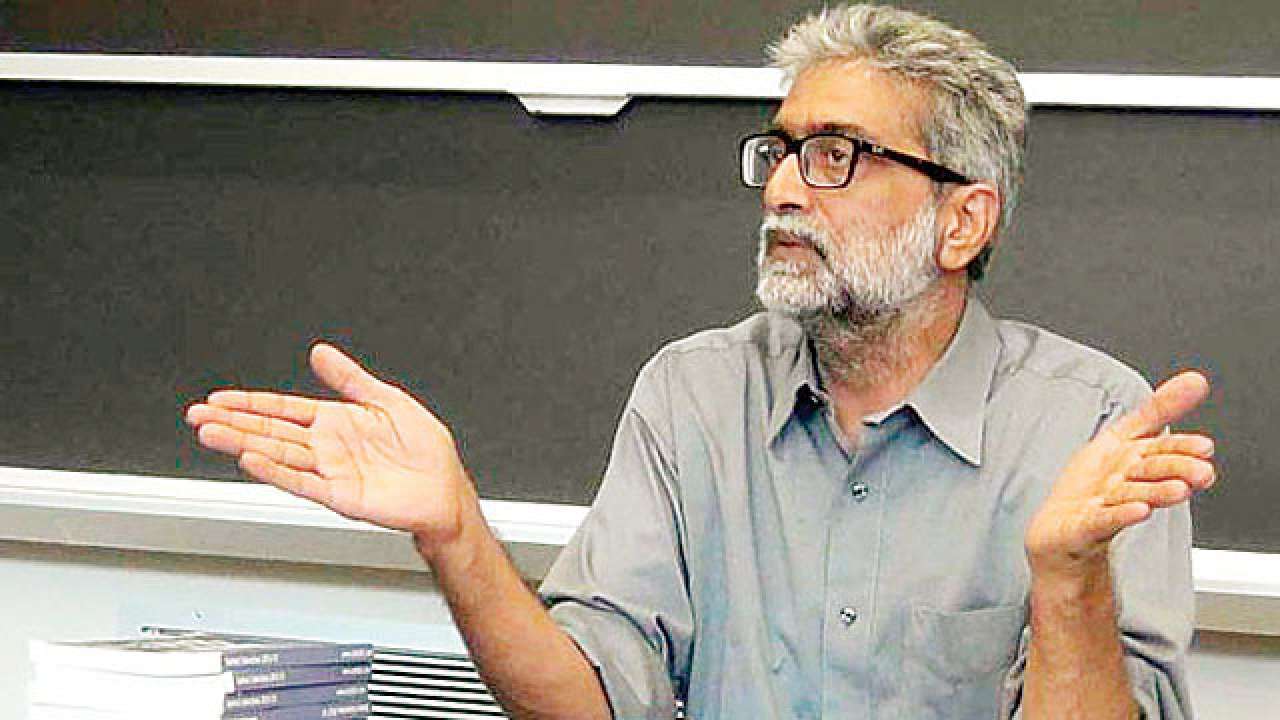
The governments of the U.S. and UK are trusted by just about a third of their respective populations, placing them dead last among the G7 countries, according to a Gallup poll published on Monday.
The U.S. performed worst among the G7, with just 31% of poll respondents saying they had confidence in their government in 2022.
The UK fared slightly better, with 33% expressing confidence – but among those who had approved of their leadership, national confidence there was rated the lowest in the world, tied with debt-ravaged Lebanon.
In 2006, when Gallup began asking about national confidence, the U.S. and UK led the pack, with 56% of Americans and 49% of Britons expressing faith in their leaders. But while Washington bottomed out in 2013 with just 29% confidence, public trust in the UK only just collapsed last year to its lowest level since the financial crisis of 2008.
Public trust has suffered dramatically in the wake of the Covid-19 pandemic, when U.S. and UK leaders imposed economically devastating lockdowns that were subsequently found to have no scientific justification.
Both countries have also recently seen their previous leaders face criminal or civil investigations. Former U.S. President Donald Trump was impeached twice and now faces criminal charges for retaining classified documents when he left the White House – while his party points the finger at his successor Joe Biden for allegedly taking bribes. UK PM Boris Johnson resigned in disgrace after a string of scandals that began when he was caught drunkenly flouting his own lockdown rules; the so-called ‘Partygate’ scandal would ultimately hound him out of his MP role last month as well. Nor did his departure lead to stability – the UK has had four prime ministers in as many years.
Even as confidence in the U.S. government fell among Americans, outside approval was slipping too, with just 41% of global respondents approving of the Biden administration in 2022, a four-point drop over the previous year, Gallup found.
At the same time as the U.S. and UK were losing voters’ confidence, the rest of the G7 countries enjoyed a rebound in public trust. Germany, which trailed nearly every other G7 nation in confidence in 2006 with just 32% of residents putting their faith in Berlin, now tops the chart with 61%. Italy has seen confidence among residents nearly double since 2019, when it hit a low of 22%, to 41% in 2022. France, Japan and Canada all saw their trust ratings improve since 2006 as well.
Most Germans Are Dissatisfied With Government, Finds Poll
The majority of Germans are unimpressed by the performance of Chancellor Olaf Scholz’s government, a recent poll has shown. Dissatisfaction with the ruling traffic light coalition is apparently prevalent even among the voters who support the three constituent parties.
Media reports citing the survey conducted by Institut Forsa and published on Tuesday said: 77% of respondents said they were somewhat or completely dissatisfied with the government.
The poll found that 52% of SPD voters, Chancellor Scholz’s political party, are dissatisfied. Among Green Party and Free Democratic Party supporters, which make up the rest of the ruling coalition, 55% and 71% were dissatisfied respectively.
The poll commissioned by RTL and NTV media outlets drew on responses from 1,002 people last Thursday through Friday.
The poll found: 61% of poll respondents agreed with the assessment that the government was acting unprofessionally and chaotically.
Last month, a poll by public broadcaster ARD revealed that only 20% of Germans supported the federal government.
Those dissatisfied accused the officials of taking too long to solve pressing issues, as well as failing to set a direction for the country. Some also voiced opposition to the government’s controversial plan to replace millions of home-heating systems throughout the country as well as its growing military support for Ukraine.
Against this backdrop, as many as 18% of respondents said they would vote for the right-wing populist Alternative for Germany (AfD) party, putting it level with the ruling Social Democrats Party (SPD).
In the 2021 elections, the party garnered 10.3% of votes.
However two-thirds of respondents noted that they did not fully back the AfD’s policies, supporting it merely out of frustration with mainstream parties and the federal government.
Nearly Half Of Poles Are Against Ukrainian NATO Membership, Finds Poll
Nearly half of the Polish population opposes immediate NATO membership for Ukraine, a survey has indicated. Officials in Kiev have insisted on being rapidly accepted into the military bloc, although heavyweight members such as the U.S. and Germany have expressed their reservations.
According to a poll by IBRiS and commissioned by the Rzeczpospolita newspaper, 47.7% of Poles do not want Ukraine to join NATO at present. Another 40% are in favor of immediate membership, while the rest voiced no preference.
Speaking on Monday, Polish President Andrzej Duda argued it is hard to imagine European security without Ukraine in NATO and the European Union.
Over the weekend, Britain’s Telegraph newspaper quoted anonymous NATO officials as saying that Germany had spoken out against offering Ukraine a clear roadmap or concrete guarantees of joining the alliance at the Vilnius meeting.
According to the newspaper, Berlin is concerned that Kiev would immediately invoke Article 5 of the North Atlantic Treaty, which declares that an attack on one is an attack on all, should it be admitted into the bloc.
Majority Of Finns do Not Want NATO’s Nukes, Finds Poll
Significant majorities of the Finnish population oppose the transportation and storage of NATO’s nuclear weapons in the country, despite having joined the bloc last year, according to the results of a University of Helsinki survey published on Thursday.
More than three-quarters (77%) of respondents opposed the storage of nuclear weapons in Finland, where they are illegal, while just 14% supported it. Even transporting NATO’s nuclear arsenal through Finnish territory was opposed by 61% of respondents, with just 27% in favor.
“Finland is protected by NATO’s nuclear umbrella, but the shared responsibility does not extend to a willingness to transport weapons here,” University of Helsinki professor Hanna Wass, one of the researchers who conducted the survey, told Finnish broadcaster Yle.
“This might be a reflection of a not-in-my-backyard mentality, but above all, it is indicative of Finland’s long history of nuclear disarmament,” she added.
The population was almost evenly split on the idea of a permanent NATO base in Finland staffed with non-Finnish troops, with 43% opposing the idea and 46% supporting it.
However, the poll showed strong public support for being a member of the alliance, with 81% in favor and just 11% opposed. The average NATO member country can only boast of 72% support among the population. Respondents with higher incomes and greater education generally had more favorable attitudes toward NATO membership. Centrist political affiliation was also associated with stronger support for the bloc, while those whose political views were further to the left and right were more likely to disapprove.
The University of Helsinki conducted the survey last month in partnership with the University of Turku and Abo Akademi University among 2,877 Finns between the ages of 15 and 79.
Former PM Sanna Marin, who abandoned decades of Finnish neutrality to apply for NATO membership last year, refused at the time to place any preconditions on joining, such as a refusal to house the alliance’s nuclear weapons or host a base. The country officially became the 31st member of NATO in April.
Russia, which shares a 1,300km border with Finland, condemned its neighbor’s accession to the bloc as a “threat to Russia’s security,” accusing Helsinki of deliberately dismantling what had been a longstanding mutually-beneficial relationship between the two countries.
Last week, Moscow announced that Finland’s general consulate in St. Petersburg would be closed and nine diplomats expelled in response to Helsinki’s “confrontational actions,” which included expelling nine Russian diplomats last month.










































